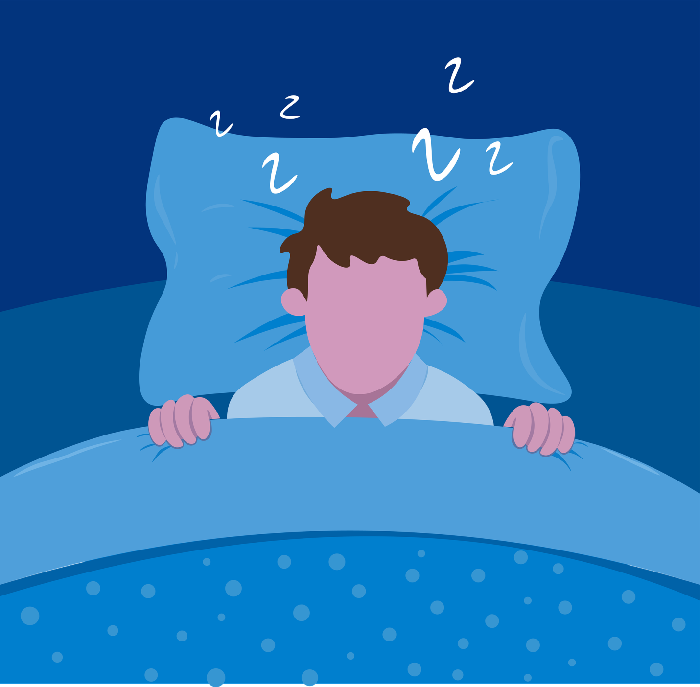How You Can Quickly and Easily Recover from Gallstone Surgery: Activity, Diet, and More

Gallstone surgery is perhaps one of the most common types of surgeries done daily on thousands of individuals worldwide. In the UK, you can benefit from the expertise of many surgeons and specialists in gallstone surgery as well. In addition, gallstone surgery and gallbladder removal are often recommended for those already exhibiting symptoms of gallbladder inflammation and other symptoms that include pain and discomfort. Although you can use oral medication for gallstones, the most effective way to do away with gallstones is to have the gallbladder removed. But even if it’s a type of surgical procedure with a high success rate, how you take care of yourself still makes a difference, especially if you would like to recover in the soonest possible time. That said, here’s your guide on how you can quickly and easily recover from gallstone surgery: activity, diet, and more.
What to expect
Right after you have had surgery, it’s normal to feel tired and weak for a few days. You may also have a swollen belly, and if you’ve undergone laparoscopic surgery, you can have shoulder pain for a day or so. You may also feel the need to burp or experience gas, and some individuals experience diarrhoea. The rate of your recovery can depend on the kind of surgery you’ve had. For laparoscopic procedures, you can go back to your routine in about a week to two weeks. For open procedures, the recovery period lasts longer, and you can expect to get back to your standard routine in about a month to a month and a half.
Caring for yourself
- Your activities
It’s important to rest if you feel tired and ensure you have enough sleep. If possible, try walking every day, and you can start gradually and walk more each day. When you walk, you can boost your blood flow, and it also prevents constipation and pneumonia. It’s also critical to avoid doing any heavy lifting for the first two to four weeks. Avoid any strenuous activity like jogging, biking, aerobic exercise, or weightlifting.
You can take a shower in about a day or two days, but make sure it is okay with your doctor, as confirmed by a gallstone surgeon in London from The London Surgical Group. Likewise, you may be able to drive once you are no longer on pain meds, but make sure you can react quickly and are comfortable sitting for long periods, as the same gallstone surgery London experts attest.
- Your diet
Avoid overeating and stick to smaller meals for the first few weeks when it comes to your diet. After that, you can have a normal diet, although it’s best to stay away from fatty and oily foods (hamburgers, cheese, whole milk, and snacks) for a month. Then, if you have an upset stomach, opt for low-fat and bland food like broiled or steamed chicken, plain rice, yoghurt, and toast. It’s also crucial to drink as many fluids as possible unless your specialist expressly tells you not to. If you are experiencing diarrhoea, avoid spicy food or dairy and fatty food. It may take a while for bowel movements to normalise, but you can prevent being constipated and strained if you take fibre supplements in the meantime.

0 comments